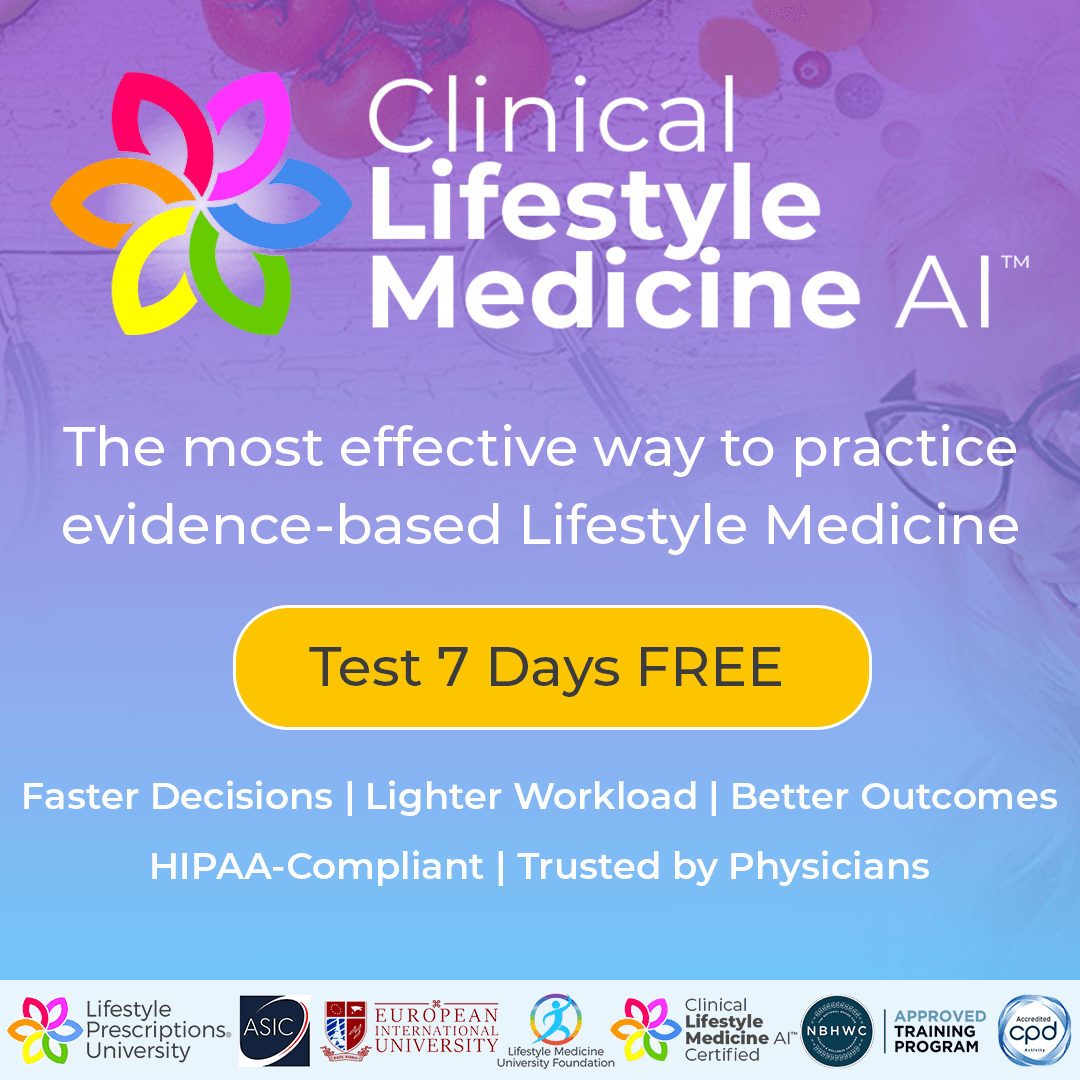Stress Management Techniques: How to Stay Calm and Focused
In today’s fast-paced world, stress management is essential for maintaining mental and physical well-being. Whether it's work pressure, personal responsibilities, or unexpected challenges, finding effective ways to manage stress can make a significant difference in your overall quality of life. In this blog, we’ll explore practical stress management techniques to help you stay calm and focused.
1. Practice Mindfulness and Meditation
Mindfulness and meditation are powerful tools for stress management. Taking a few minutes each day to focus on your breath, clear your mind, and stay present can reduce anxiety and improve mental clarity. Apps like Headspace or Calm can guide you through simple meditation exercises, which are often recommended as part of lifestyle medicine practices.

2. Regular Exercise and Exercise Prescription
Physical activity is a proven stress reliever. Exercise releases endorphins, which are natural mood lifters. Even a short walk or a quick home workout can significantly lower stress levels and help you feel more centered. Many healthcare providers now offer exercise prescriptions, encouraging patients to incorporate movement into their daily routines as part of holistic stress management.
3. Healthy Diet and Hydration
What you eat affects your mood and energy levels. A balanced diet rich in fruits, vegetables, and whole grains can support your body’s ability to handle stress. Staying hydrated and limiting caffeine and sugar intake can also promote better stress management. Lifestyle medicine emphasizes the importance of nutrition and hydration in reducing chronic stress and enhancing overall well-being.

4. Time Management
Feeling overwhelmed often stems from poor time management. Prioritizing tasks, setting realistic goals, and using tools like planners or digital calendars can help you stay organized and reduce stress. Pairing effective time management with regular breaks and physical activity — as encouraged in exercise prescription models — can amplify stress relief.
5. Social Support
Talking to a friend, family member, or therapist can make a big difference. Sharing your thoughts and feelings helps release pent-up emotions and provides new perspectives for managing stress. Community support and group activities are often integral components of lifestyle medicine, fostering connection and mental resilience.
6. Relaxation Techniques
Incorporate relaxation techniques like deep breathing, progressive muscle relaxation, or listening to soothing music into your daily routine. These practices can quickly calm your mind and body, promoting long-term stress management. Lifestyle medicine advocates for these natural, non-invasive techniques as sustainable ways to build emotional balance.

Final Thoughts
Stress management is a continuous process, but with the right techniques, you can cultivate a sense of calm and focus even in the face of life’s pressures. By making small, consistent changes to your routine like integrating exercise prescriptions, mindfulness, and balanced nutrition you’ll build resilience and improve your overall well-being. Start integrating these practices into your life today and experience the benefits of effective stress management through lifestyle medicine.
© 2015-2026 Lifestyle Prescriptions® University. The terms Lifestyle Prescriptions®, Organ-Mind-Brain Anatomy™, and Root-Cause Health Coaching™ are worldwide trademarks of the Lifestyle Prescriptions® University and can only be used after completing qualifying training programs. Lifestyle Medicine WORKS™, Lifestyle Medicine Summit, HealthiWealthi™ are trademarks of Lifestyle Medicine University Foundation.
* This website and all LPU training programs are for educational purposes only. No medical diagnosis, therapy, or treatment is provided.





